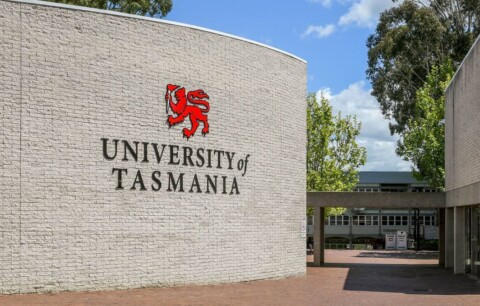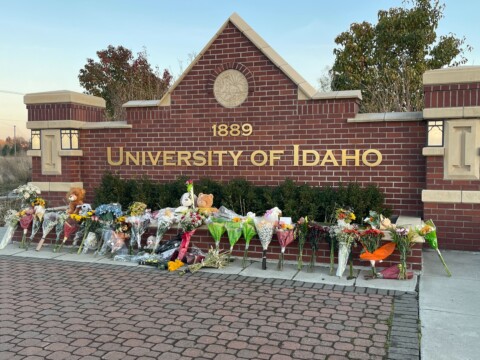Lola Akinlade, a Nigerian international student, received a letter from Immigration, Refugees, and Citizenship Canada (IRCC) stating that one of the documents she used to enter Canada in 2016 was fake. This revelation left her and her family in Canada with no immigration status and little support if they returned to Nigeria.
Statistics from IRCC, shared with CBC, indicate that many other international students in Canada might be in a similar situation. Since IRCC started a new process to verify international student acceptance letters in December 2023, it has found over 9,000 fake letters. This suggests that Akinlade’s case is not unique.
Akinlade is requesting IRCC to reexamine her case, claiming she was a victim of a “rogue agent” who provided her with a fake acceptance letter to a Canadian school. In 2015, while working for a pharmaceutical company in Lagos as a medical sales representative with a business administration degree from a Nigerian university, she met a man in Lagos who claimed to be an immigration consultant. He promised to help her become an international student by applying for a master’s degree in business administration.
Akinlade gave the agent her documents, such as her passport and university transcripts, along with payment. Several months later, he provided her with a study permit to enter Canada, plane tickets, and an acceptance letter to the University of Regina.
Akinlade flew to Canada in late December 2016, expecting to start classes in January 2017. However, while stopping over in Winnipeg en route to Regina, she received a call from the agent, informing her that there were no spaces available at the university and that she would have to go on a waitlist.
She decided to switch to social services because it better aligned with her work in the medical field. Akinlade never contacted the University of Regina directly until two years later, when she received a letter from IRCC telling her the acceptance letter was fake.
Akinlade’s family is filing a humanitarian application to stay in Canada, arguing that she was not complicit in the fake letter she received from a Canadian school. Canadian schools are also concerned about these agents’ actions, as they have occasionally encountered students arriving on campus, believing they were enrolled when they were not.
This situation shows how international students can be at risk and the need for stricter checks to stop such fraud.





